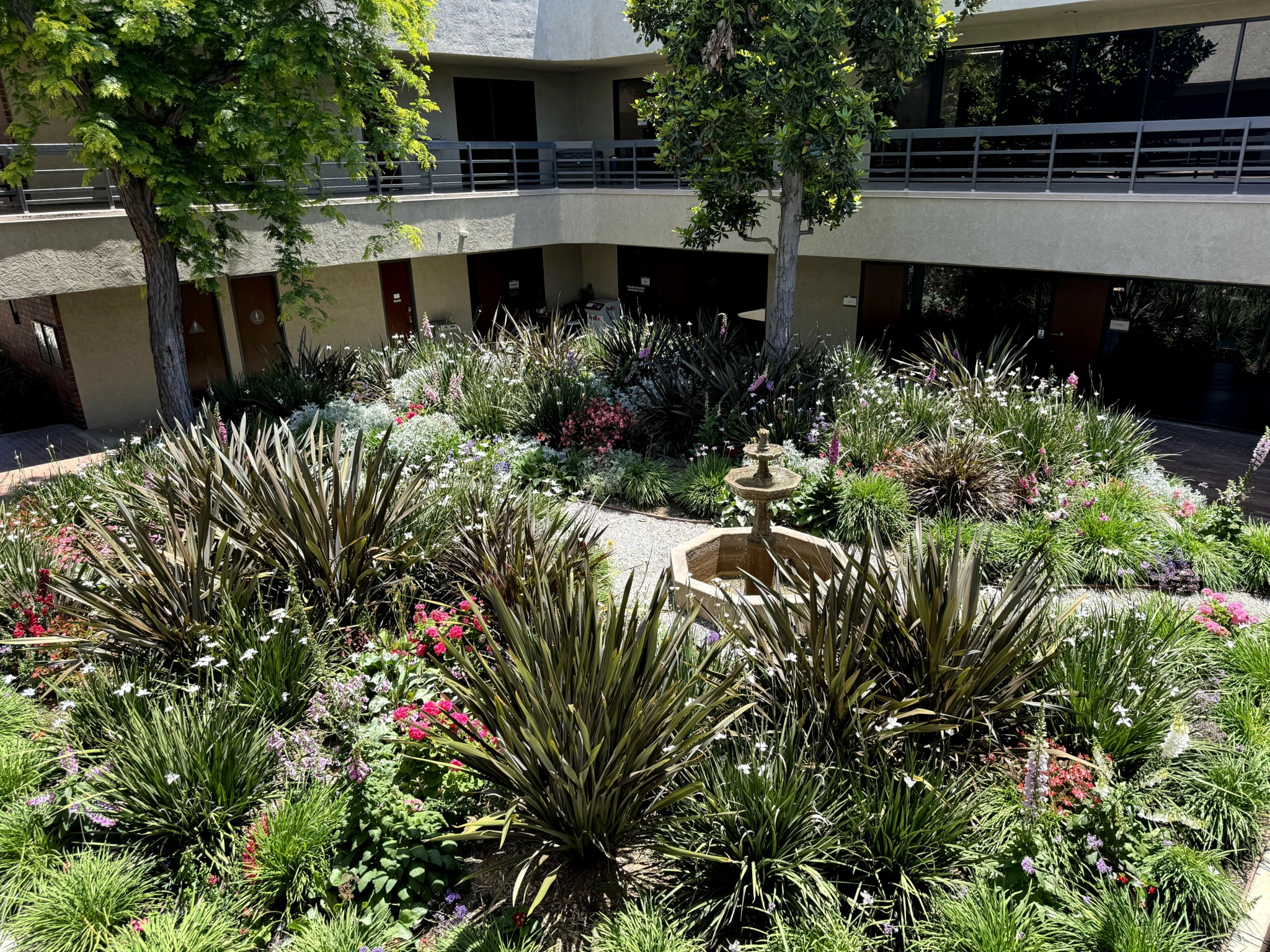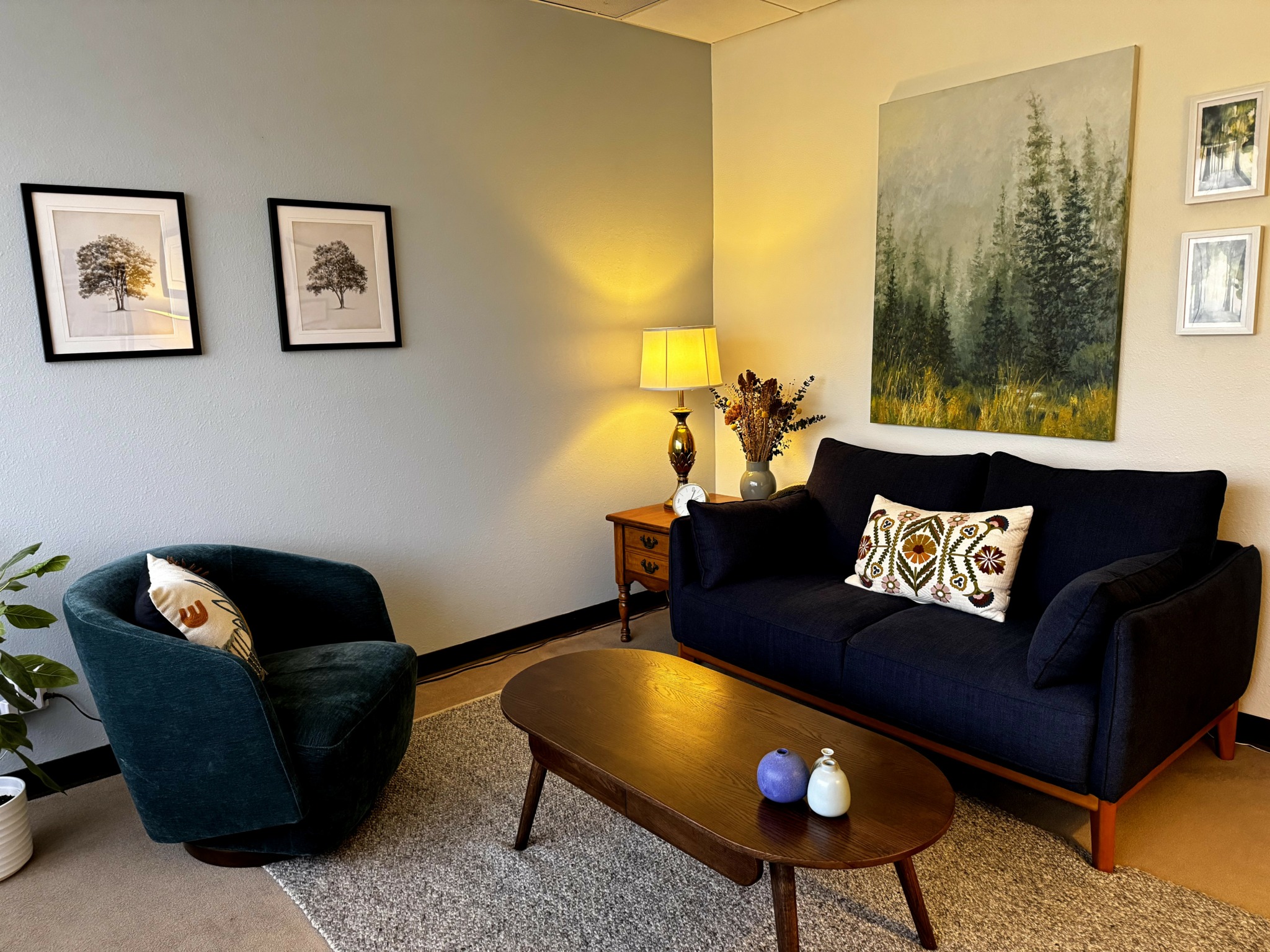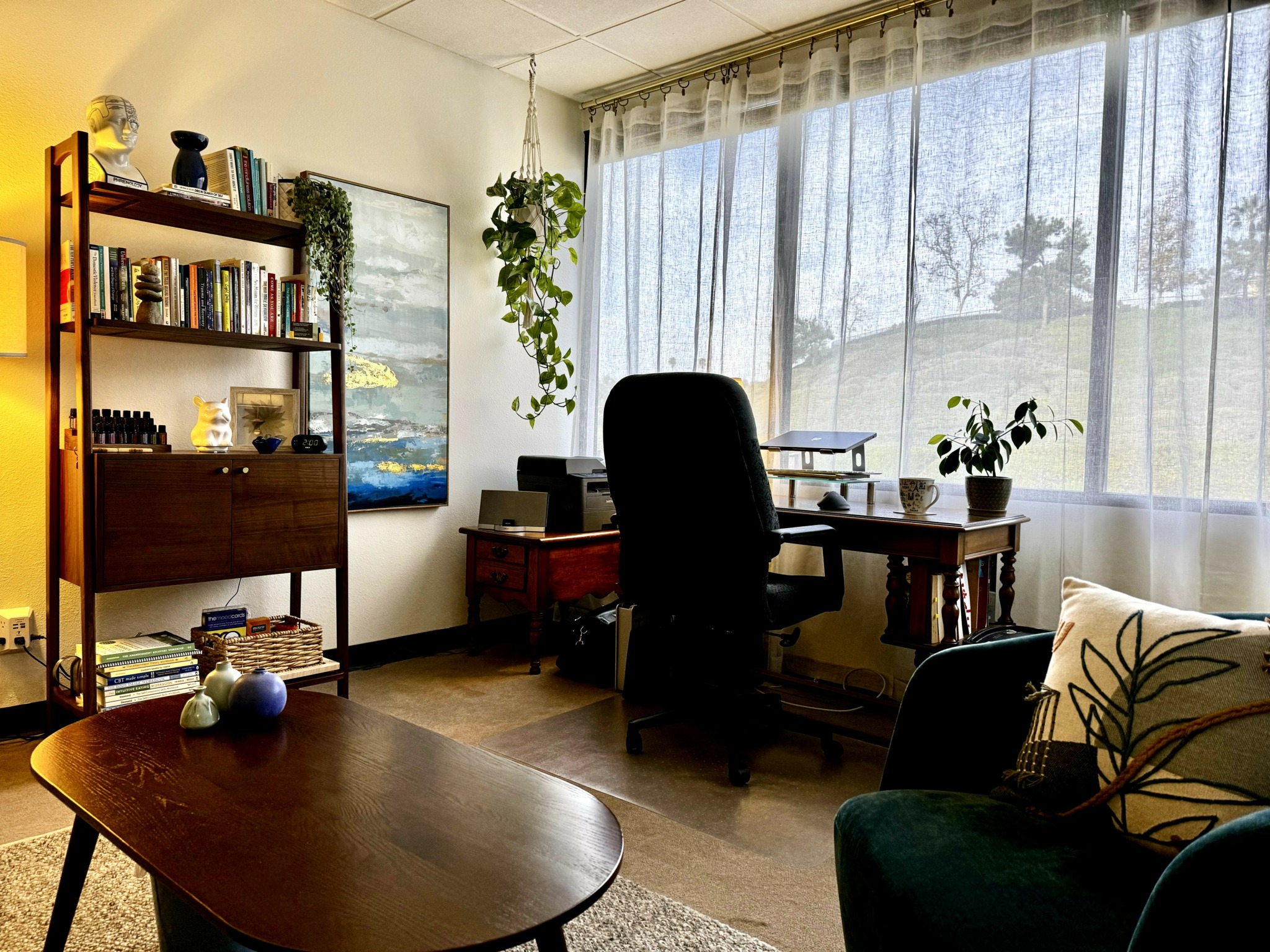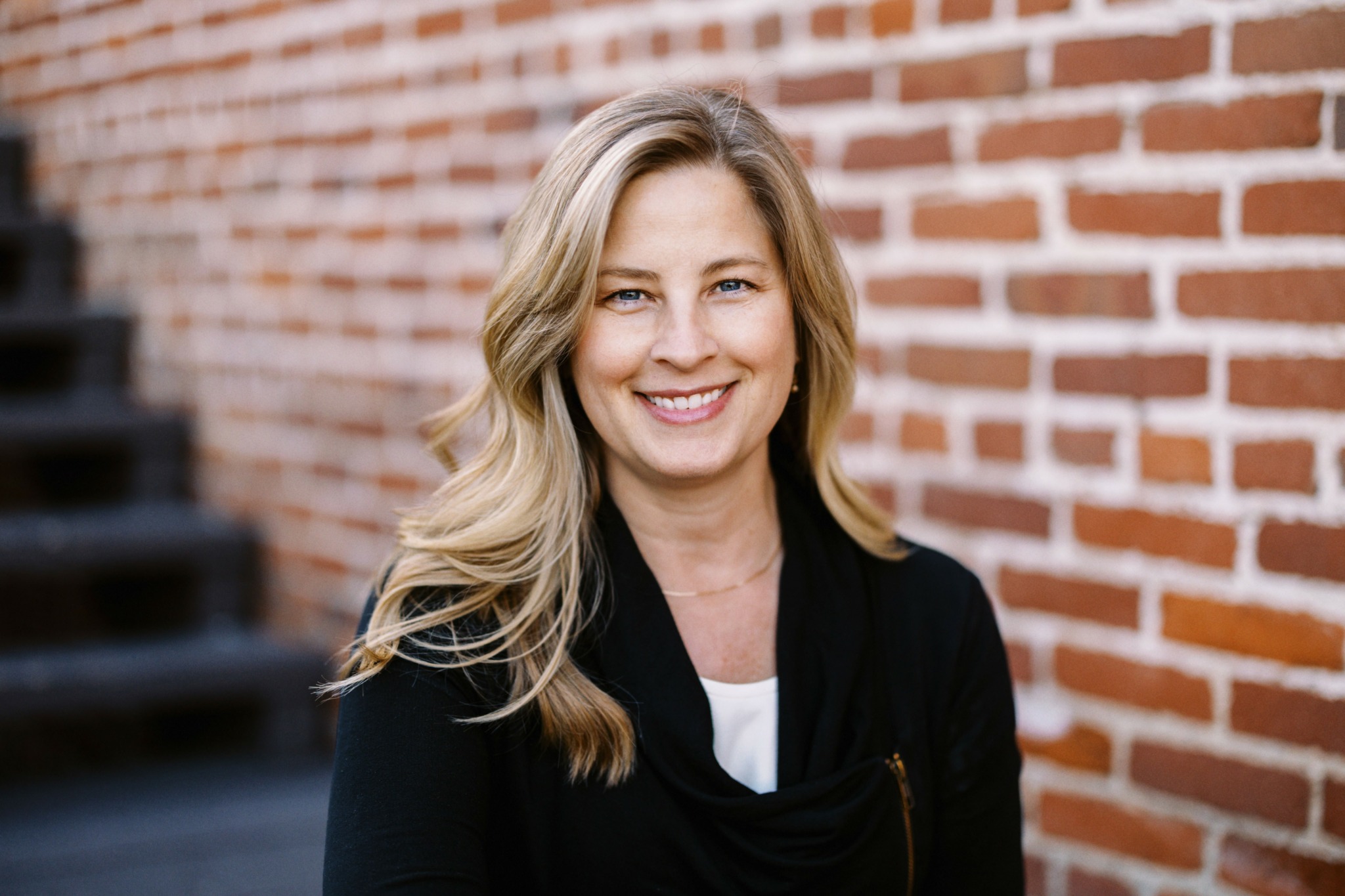We recently connected with Brenda Leshay and have shared our conversation below.
Brenda, thanks for joining us, excited to have you contributing your stories and insights. Was there an experience or lesson you learned at a previous job that’s benefited your career afterwards?
One of the most important lessons I’ve learned is that vulnerability is catalyst for positive growth and not a weakness! This lesson I learned through a culmination of experiences in becoming a psychotherapist. But there was one experience in particular that really solidified this message for me.
To give you a little background first, I was raised in an environment where mistakes were not tolerated. In my family, the consequence for messing up was either to be punished, teased, or humiliated. And sometimes, all three. As a result, I learned to either avoid doing things altogether or to hide my faults. This, as you can imagine, created many problems for me in my personal life.
As I matured into adulthood, I began to notice how this behavior was also impacting my professional life; I had a difficult time being vulnerable and confronting my errors. I felt stuck and was confused about the career I wanted for myself. And, I noticed I would revert back to those old thought patterns of, “I’m not good enough” or “there must be something wrong with me”. After experimenting in several jobs, my career path started to take focus and I enrolled in a program to become a psychotherapist.
One day, during an internship, I had a client on my schedule, with whom I met. Following our meeting, I became aware that this person was not approved to be seen by me. This was a big mistake, one I had to make my supervisor aware of. This had potential ramifications to the organization and it needed to be handled delicately. I was filled with dread and shame. I couldn’t hide; I had to expose my error . . . in my budding career, to my supervisor! I thought, “She is going to think there is something wrong with me or validate my fears that I am incapable of this job”. Luckily, that was not the case. I was fully vulnerable with my supervisor and she patiently listened and helped me see the situation for what it was; a mistake. And, most importantly, she didn’t solve the issue for me, but rather worked with me so I could navigate the conflict with the client and organization. It may seem like a small interaction. But, to be vulnerable and not have it met with shame and blame, but support and console, was empowering. The lesson I learned is that vulnerability is not something to avoid but something to embrace. Vulnerability is a superpower!

Awesome – so before we get into the rest of our questions, can you briefly introduce yourself to our readers.
I am a psychotherapist with a private practice in Mission Viejo, California. I am originally from the Midwest but was drawn to California by the diversity of cultures and creative energy of its denizens…and of courses the weather.
Prior to becoming a psychotherapist, I worked with children in several capacities, from behavior interventionist to lead teacher for preschool classrooms. The culmination of these experiences led to my fascination with early developmental experiences and how they impact our present and future relationships – and our thoughts about ourselves, the people in our lives, and the world around us.
With my curiosity about human behavior and the desire to help people on a deeper level, I enrolled in the Masters of Marriage and Family Therapy program at the University of Southern California.
Through this program, I gained experience working at a mental health center, as a middle school counselor, and therapist for individuals residing in a drug and alcohol treatment center. I have had the honor to help individuals and couples struggling with depression, anxiety, PTSD, Bipolar Disorder, relationship issues, religious trauma, physical and sexual abuse, and grief and loss.
Currently, I specialize in working with individuals who have experienced trauma and are feeling stuck and isolated. Additionally, I am trained in multiple trauma approaches including EMDR, which has helped many of my clients find their way out of the trauma cycle.
Other than training/knowledge, what do you think is most helpful for succeeding in your field?
The most helpful thing in succeeding in my field is having patience- with both yourself and the process of build your clientele. As with most service type industries it is important to remember that it can take time to build up your client roster.

What’s been the most effective strategy for growing your clientele?
Gaining a solid understanding of my niche and networking with other care providers, case managers, chiropractic practices, and doctors. This has really helped me be able to focus my marketing and be able let other professionals know how I can help them and their clients.
Contact Info:
- Website: https://www.bmltherapy.com

Image Credits
Head shot by Tony Wodarck


